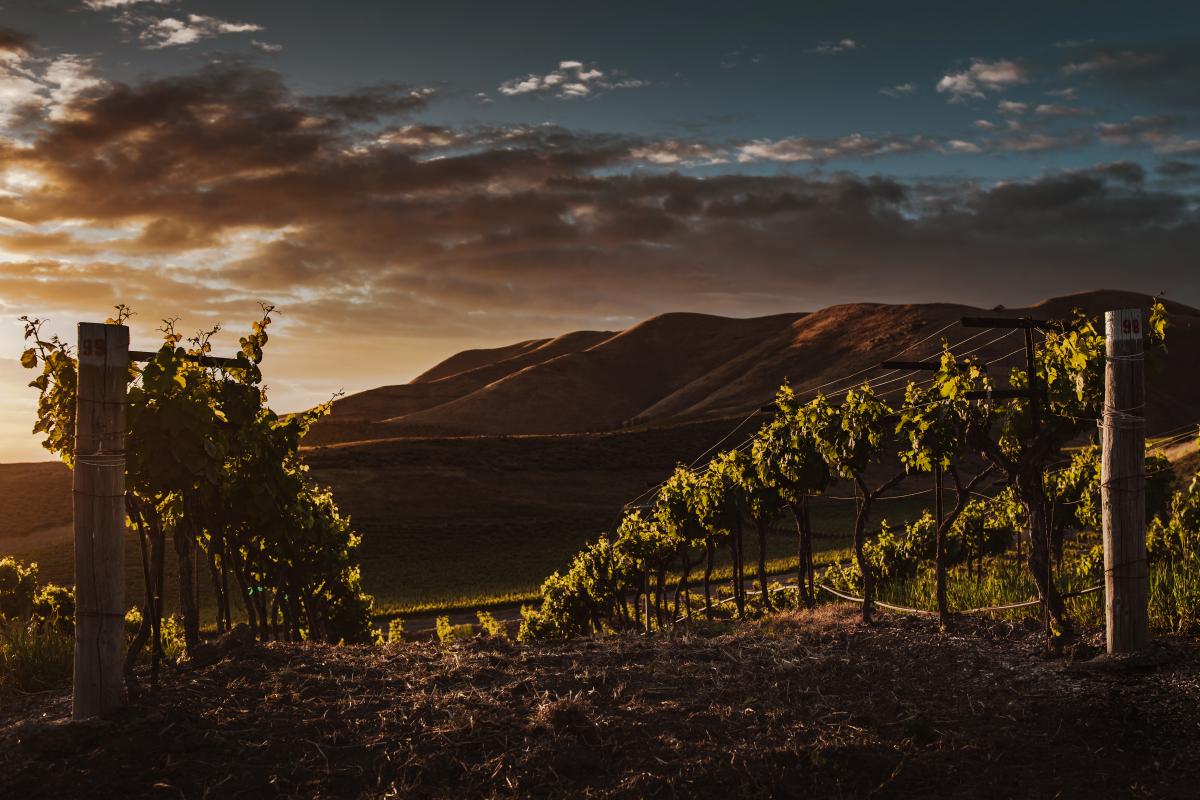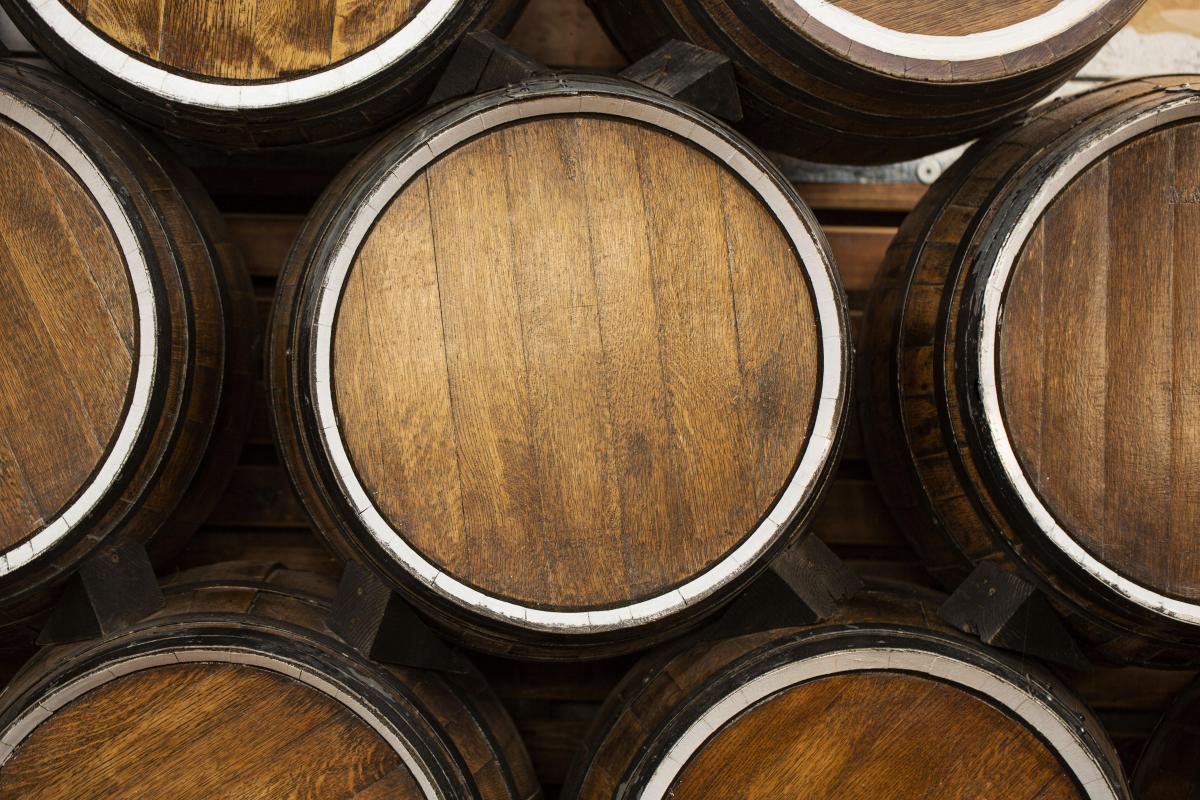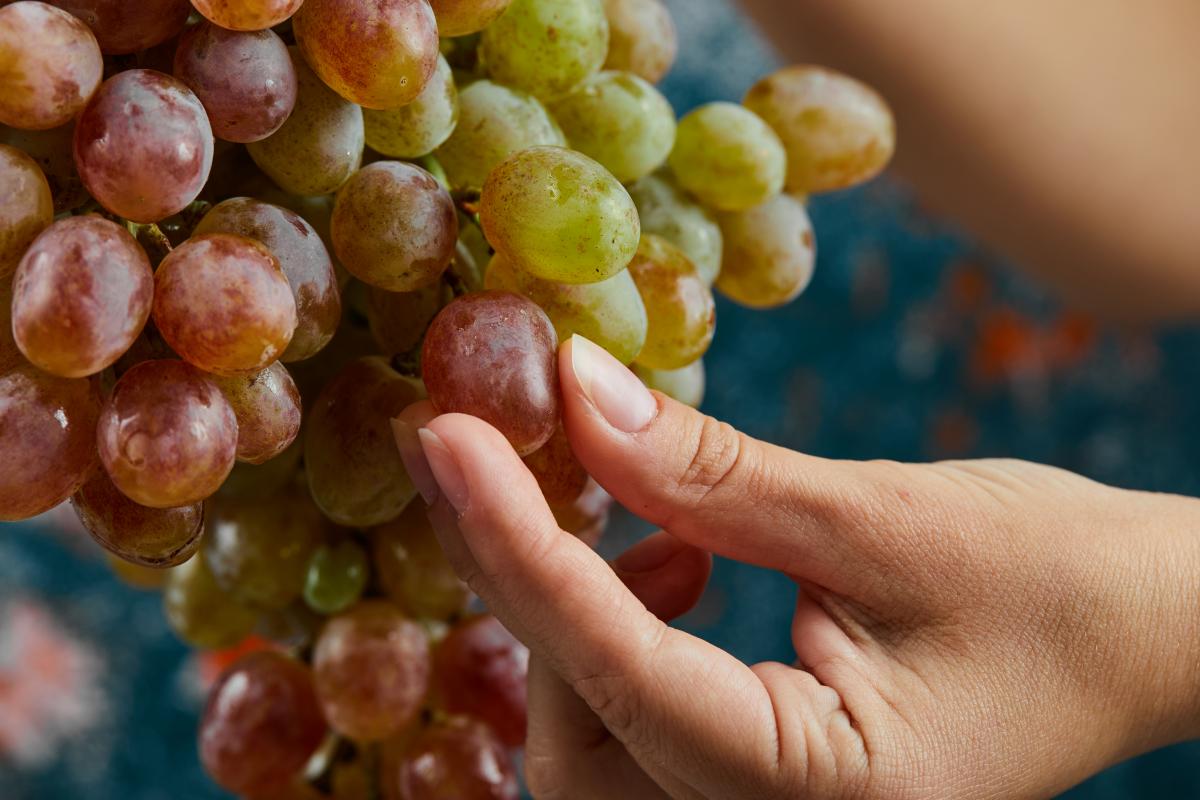Eco wineries Istria
Nestled in the northwestern corner of Croatia, Istria is a region renowned for its lush landscapes, rich cultural heritage, and most importantly, its incredible wines. The region has emerged as a significant player in the eco wine movement, drawing the attention of wine enthusiasts, sommeliers, and sustainability advocates alike. Eco wines in Istria represent more than just a trend; they reflect a dedication to preserving the natural beauty of the land and creating wines that authentically express the unique character of the region.

Understanding Eco-Friendly Wine Production
Eco-friendly wine production is about minimizing the environmental footprint of every stage in the winemaking process. From the careful cultivation of grapevines using natural pest control and organic fertilizers, to avoiding synthetic chemicals and emphasizing soil health, eco-friendly practices allow for a natural synergy between the vineyard and its surroundings. The focus is on sustainability, biodiversity, and crafting wines with as few additives as possible.
Eco wines often rely on organic and biodynamic principles that respect natural cycles and work in harmony with the local ecosystem. This means no artificial pesticides, herbicides, or fertilizers are used, allowing the grapes to grow as naturally as possible. As a result, these wines are not only better for the environment but also reflect a pure expression of the vineyard's terroir, offering flavors that are unique to the specific landscape where the grapes are grown.
Why Istria is the Perfect Region for Eco Wines
Istria's unique geographical position makes it an ideal region for producing eco wines. The peninsula is blessed with a combination of Mediterranean and continental climates, resulting in warm, sunny days and cooler nights. This climate allows the grapes to ripen gradually, enhancing their flavors and preserving their natural acidity. Moreover, the diverse terroir of Istria, which includes fertile red soils (terarossa), limestone, and clay, gives winemakers the opportunity to craft wines with distinct flavor profiles that are characteristic of the region.
Wineries with Official Eco Certifications
Veralda
Veralda Winery is located on the most famous wine-growing position of northern Istria, on the renowned Buje hills stretching between Buje and Brtonigla. Given that the surname Visintin is widespread in Istria, the winery took its name from the vineyard located right next to the wine cellar. Veralda focuses on cultivating autochthonous varieties such as Istrian Malvasia, Refosco, and Teran, which allows them to express the uniqueness, nobility, and tradition of the territory. These varieties are not only emotionally significant to the region but are also more resistant to disease compared to other international varieties, making them ideal for organic production.
Kabola
Kabola Winery is situated in the northwestern Istrian peninsula at an altitude of 275 meters above sea level, offering breathtaking views of the Alps, the Dolomites, and the pristine nature of the surrounding area. The vineyards are located on Stancija hill near Kanedolo, close to Momjan. The soil here is rich in clay and marl, which imparts special characteristics to the wines. For Kabola, organic production is not just a trend; it's a lifestyle inspired by ancestral winemaking traditions. Since 2009, Kabola has been producing wines with a certified organic label, ensuring that each bottle embodies the true taste of the variety and terroir. For Kabola, nature and the health of their consumers are paramount, and they strive to share the authentic flavors of their wines with the world.
Ghira
Ghira Winery takes its name from the family nickname. Among its offerings, Ghira produces a notable blend called Black Ghira, which combines Merlot, Teran, and Cabernet Sauvignon, as well as an unconventional Malvasia with an alcohol content of 14%, giving it a stronger and distinct character compared to other fresh Malvasias. The Malvasia Madura is aged in an amphora made from terracotta toscana, a unique approach that enhances its flavor profile. The vineyards are overgrown with indigenous grasses and nettles, while bees and horses contribute to maintaining biodiversity. The beehives located near the vineyard produce honey, and Ghira even uses beeswax to seal bottles of their wine Madura, in collaboration with a local farm. Additionally, the terracotta amphoras used for aging Malvasia are specially crafted by a family workshop near Florence, adding a touch of craftsmanship to the winemaking process.
Lunika
The Bastijančić family manages the eco-friendly and biodynamically farmed vineyards of Lunika Winery, which cover 3.5 hectares. These vineyards are home to varieties such as Malvasia, Pinot Gris, Teran, Yellow Muscat, Black Muscat, Bourgogne, Cabernet Sauvignon, and Black Malvasia, the latter of which produced its first harvest last autumn. Lunika produces 11 wine labels, each thematically connected to the memory of the old railway line from Kanfanar to Rovinj, which, although long decommissioned, remains vividly remembered by locals for its impact on their lives. The wine names are a romantic reconstruction of journeys on this old railway, embodying the slower pace of travel from the past while capturing the destinies, lives, and loves of those connected to it.
Ipša
Ipša's vineyards are situated in three locations: Santa Elena, Ipši, and Oprtalj. Santa Elena is one of the most attractive vineyards in all of Istria, lying 420 meters above sea level, making it among the highest positioned grapevines in the region. The high altitude and the unique environment play a crucial role in the quality of wine production, as the vineyards benefit from abundant sunlight and fresh air currents. These favorable conditions help the vines produce grapes with vibrant flavors and exceptional character. Ipša is committed to sustainable viticulture, and their vineyards embody a harmonious connection with the natural surroundings, resulting in wines that truly reflect the essence of Istria.
Wineries in Transition - A Step Toward Sustainability
The Process of Transitioning to Eco Certification
Transitioning to eco certification is a journey that requires dedication and a deep understanding of sustainable agricultural practices. Wineries embarking on this path must adapt their vineyard management techniques, eliminate the use of synthetic chemicals, and implement practices that promote soil health, biodiversity, and a balance between nature and production. This process often involves several years of careful adaptation and is a testament to the commitment of winemakers to producing high-quality, environmentally-friendly wines.Wineries in transition face challenges such as adapting to organic or biodynamic pest control methods, maintaining soil fertility without synthetic fertilizers, and navigating the certification process. However, the rewards are substantial: healthier vineyards, more resilient grapevines, and wines that reflect the true character of the terroir.
Highlighting Wineries in Transition
Pilato
The Pilato family winery is located in the village of Lašići, near Vižinada. The family has been involved in agriculture for generations, with the first vineyard planted by Ivan Pilato in 1934. Ivan's son Končeto expanded the vineyards in the 1960s, laying the foundation for what is now one of the most significant Istrian wineries. Pilato produces Istrian Malvasia in both fresh and aged variations, while international varieties such as Chardonnay, Pinot Blanc, and Sauvignon Blanc are produced in fresh variants only. For red wines, they cultivate Teran, Merlot, and Cabernet Sauvignon, along with Grand Cuvee, a blend of these three varieties. The lineup also includes the sparkling wine Principe, the elegant rosé Terosa, and two dessert wines made from White Muscat: a fresh version and Serafin from dried grapes.
Kozlović
The tradition of winemaking in the Kozlović family began in 1904, when Antonio Kozlović purchased a small house and a hectare of vineyards in the Vale valley near Momjan. This beautiful location on the border between Croatia and Slovenia has always been ideal for viticulture, with Istrian Malvasia and Momjan Muscat as the dominant varieties. These wines soon became recognized as signature Istrian wine brands. Over time, the family expanded their vineyards to one of the best Grand Cru locations in Istria, the legendary “Santa Lucia,” which provides grapes for their exceptional single vineyard wines.In 2012, Gianfranco and his wife Antonella completed the story by opening one of the most modern wine cellars in the region, combining old and new facilities. Today, they manage 30 hectares of vineyards and offer 15 different wine labels. The family's dedication to winemaking continues with Gianna, the fourth generation of Kozlović, who is now involved in the business.
Biodynamic Wine Production in Istria
What is Biodynamic Winemaking?
Biodynamic winemaking is a holistic approach to viticulture that views the vineyard as a living, interconnected ecosystem. It is based on the principles of biodynamics, an agricultural method developed by Rudolf Steiner in the 1920s, which emphasizes the importance of balancing the environment and using natural preparations to enhance soil fertility and plant health. Biodynamic winemaking goes beyond organic practices by incorporating lunar and cosmic cycles into vineyard management, focusing on creating harmony between the earth, plants, and the greater universe.
The Philosophy Behind Biodynamic Wines
The philosophy of biodynamic winemaking is centered on the idea of sustainability and respect for natural processes. Biodynamic vintners believe that healthy vineyards are the result of working in harmony with the land, encouraging biodiversity, and nourishing the soil with natural composts and preparations. Instead of relying on synthetic chemicals, biodynamic farming uses specific preparations made from herbs, minerals, and manure to stimulate natural processes and strengthen the health of the vines.
By considering the vineyard as a self-sustaining organism, biodynamic winemakers aim to create wines that express the unique characteristics of their terroir. The use of natural methods ensures that the grapes grow in a balanced environment, resulting in wines with distinctive flavors, complexity, and vitality that reflect the essence of the land.
Wineries in Istria Practicing Biodynamic Approaches
Demeter-Certified Wineries in Istria
Šuran
Šuran Winery is one of the few Istrian wineries that holds Demeter certification, the highest standard for biodynamic agriculture. This certification reflects their dedication to producing wines that embody the natural balance and vitality of their vineyards. The focus is on creating wines that are both environmentally sustainable and rich in character.
Lunika
Lunika Winery also holds a Demeter certification and practices biodynamic viticulture on its 3.5 hectares of vineyards. Their commitment to biodynamics is evident in their approach to farming, which emphasizes the health of the vineyard and the quality of the grapes. The resulting wines are a true reflection of the care and attention given to every aspect of their production.

Biodynamic Wine Practitioners in Istria
It is important to note that these wineries are only practicing biodynamic approaches, and we cannot guarantee full adherence as each winery follows its own ideology and interpretation of biodynamics.
Clai
Clai Winery is known for its dedication to biodynamic principles, creating wines that are pure, expressive, and deeply connected to the terroir. Their vineyards are managed with a focus on biodiversity and sustainability, resulting in wines that capture the essence of Istria.
Roxanich
Roxanich Winery has embraced biodynamic practices as part of its commitment to creating natural, authentic wines. Their approach involves minimal intervention in the vineyard and cellar, allowing the grapes to develop naturally and the wines to express their full potential.
Trapan
Trapan Winery follows biodynamic principles to cultivate a balanced and healthy vineyard environment. Their wines are crafted with respect for the land, resulting in flavors that are vibrant, complex, and representative of Istria's unique terroir.
Atimo
Atimo Winery is another practitioner of biodynamic viticulture in Istria. Their focus is on nurturing the vineyard ecosystem to create wines that are not only sustainable but also reflect the natural characteristics of the region.
Piquentum
Piquentum Winery applies biodynamic practices to produce wines that are true to their origins. By focusing on soil health, biodiversity, and natural cycles, Piquentum creates wines that offer an authentic expression of the Istrian landscape.
The Future of Eco and Biodynamic Winemaking in Istria
Istria has established itself as a leader in eco-friendly and biodynamic winemaking, and the future of these practices looks promising. The region's unique terroir, favorable climate, and strong tradition of winemaking provide the perfect foundation for continued growth in sustainable wine production. More and more wineries are embracing eco certifications and biodynamic methods, driven by a desire to protect the environment, create healthier wines, and cater to a growing market of environmentally-conscious consumers.

In the coming years, we can expect to see an increase in the number of certified organic and biodynamic wineries in Istria, as well as a deeper focus on innovation in sustainable viticulture. Advances in technology and increased collaboration among winemakers will further improve the quality and sustainability of Istrian wines. As consumers become more educated about the benefits of eco-friendly wines, the demand for such products is likely to continue to rise, encouraging more wineries to adopt sustainable practices.


